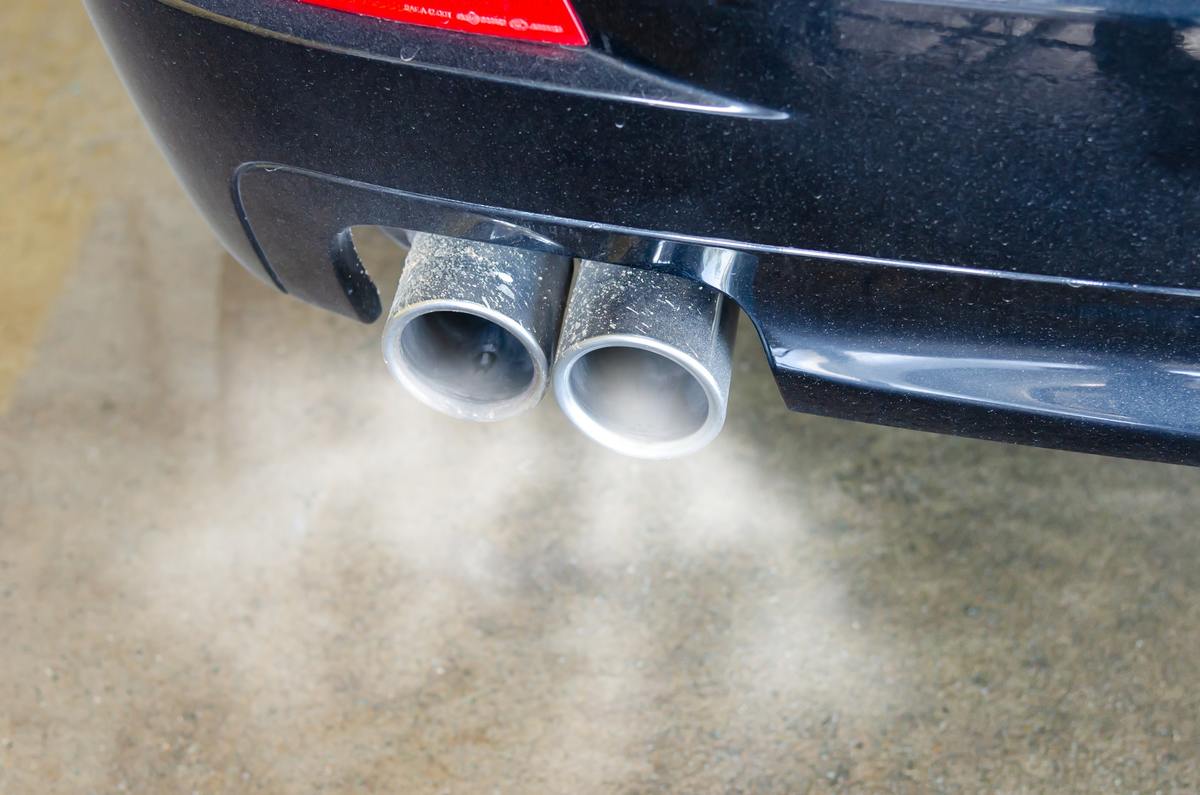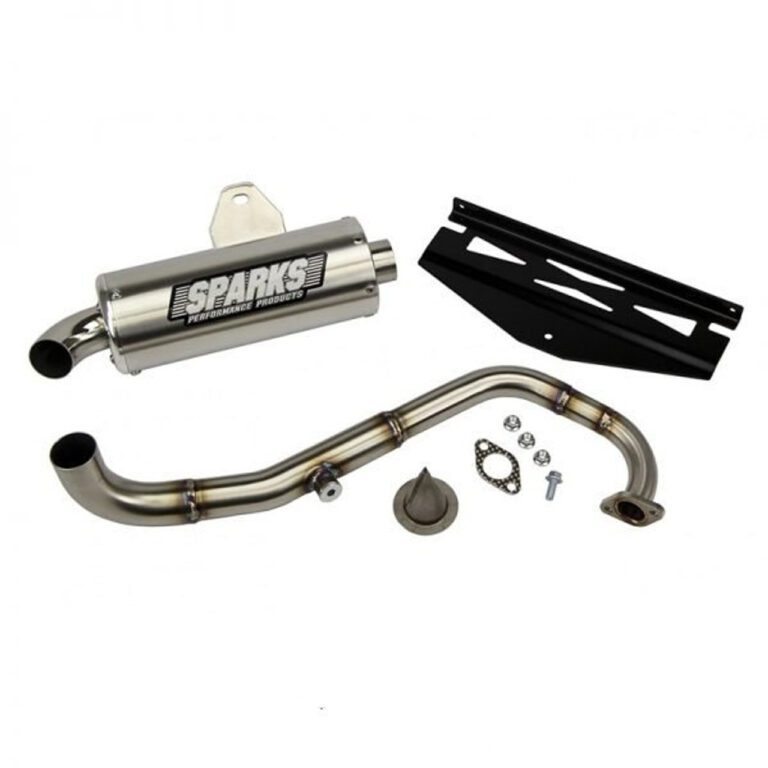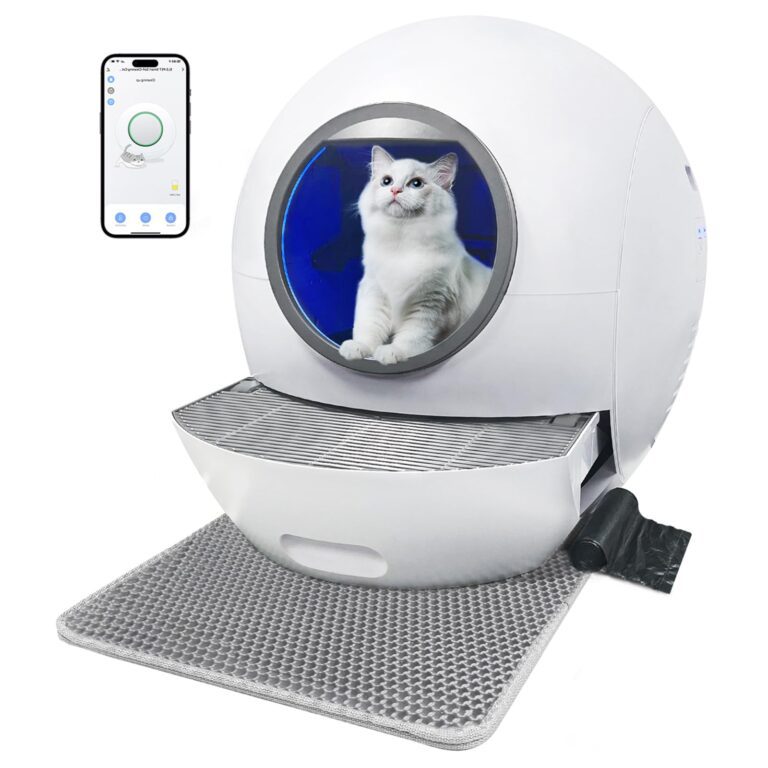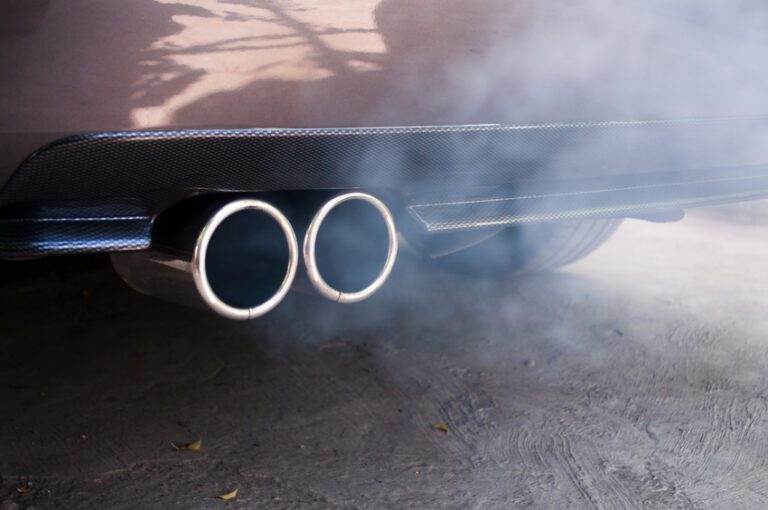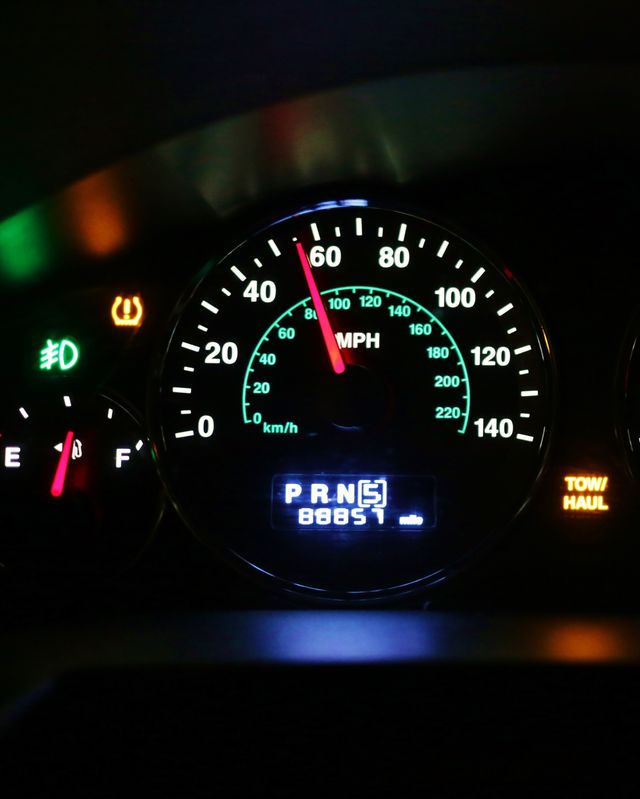Leaking Muffler Symptoms: Uncover the Power of Early Detection
Leaking muffler symptoms can include loud noise and a strong smell of exhaust. A leaking muffler can indicate a variety of problems with your vehicle’s exhaust system that can affect its performance and fuel efficiency.
We will discuss the common signs of a leaking muffler and the potential risks and consequences associated with this issue. By understanding these symptoms, you can take appropriate measures to address the problem and ensure the optimal functioning of your vehicle.
So, let’s dive in and explore the signs of a leaking muffler in more detail.
The Importance Of Early Detection
The Importance of Early Detection
Early detection of leaking muffler symptoms is crucial for several reasons:
- Avoid Costly Repairs: Identifying a leaking muffler in its early stages can help prevent more extensive damage to the exhaust system. By addressing the issue promptly, you can avoid costly repairs that may be required if the damage worsens over time.
- Prevent Dangerous Situations: A leaking muffler can lead to the accumulation of harmful gases, such as carbon monoxide, in the car’s cabin. This can pose a serious risk to the health and safety of everyone inside the vehicle. Early detection and repair can ensure that the exhaust system functions properly, minimizing the chances of dangerous situations.
- Improve Fuel Efficiency: A leaking muffler can disrupt the proper flow of exhaust gases, resulting in decreased fuel efficiency. Detecting and fixing the issue early on can optimize the performance of your vehicle, leading to improved fuel efficiency and saving you money in the long run.
Keeping a close eye on leaking muffler symptoms is essential for maintaining a safe and efficient vehicle. By taking action early, you can mitigate potential dangers, prevent costly repairs, and enhance fuel efficiency.
Common Signs Of A Leaking Muffler
Leaking muffler symptoms can be easily identified by certain common signs. One of the most noticeable symptoms is increased noise levels. If you notice that your vehicle is becoming louder than usual, especially during acceleration or at high speeds, it could indicate a leaking muffler.
Another sign to look out for is a foul smell. A leaking muffler can cause exhaust gases to escape from the vehicle in places they shouldn’t, resulting in a strong and unpleasant odor. This smell can often be detected both inside and outside the vehicle.
Additionally, a leaking muffler can lead to decreased engine performance. It can disrupt the exhaust system’s efficiency, negatively impacting the engine’s ability to run smoothly. This may result in a noticeable decrease in power, reduced fuel efficiency, and even potential engine misfires.
It is important to address these symptoms promptly, as a leaking muffler can pose safety risks and also potentially damage other components of the vehicle’s exhaust system. Regular maintenance and inspections can help identify and resolve any issues with your muffler before they become more severe and costly to fix.
How To Identify A Leaking Muffler
Leaking muffler symptoms can be identified through visual inspection, listening for abnormal sounds, and paying attention to exhaust odor.
Visually inspecting the muffler is the first step in identifying a leak. Look for any visible signs of damage or corrosion. Rust, holes, or cracks in the muffler can indicate a leak.
Listening for abnormal sounds is another way to detect a leaking muffler. Hissing, popping, or rattling noises coming from the exhaust system may indicate a leak.
Paying attention to exhaust odor can also help identify a leak. Strong, unusual, or foul smells coming from the exhaust can be a sign of a leaking muffler.

Credit: shieldoils.com
Potential Consequences Of Ignoring A Leaking Muffler
Potential Consequences of Ignoring a Leaking Muffler:
- Fire Hazard: A leaking muffler can pose a serious fire hazard to your vehicle. The hot exhaust gases can ignite any flammable materials in the vicinity, leading to a potential catastrophe.
- Carbon Monoxide Poisoning: When the muffler leaks, carbon monoxide gas can enter the cabin of the vehicle, putting the occupants at risk of carbon monoxide poisoning. This odorless and colorless gas can cause headaches, dizziness, nausea, and even death in extreme cases.
- Damage to Other Parts of the Vehicle: Ignoring a leaking muffler can result in damage to other parts of the vehicle’s exhaust system. The excessive heat and moisture can corrode the surrounding components, including the catalytic converter, oxygen sensors, and exhaust pipes. This can lead to costly repairs and reduced vehicle performance.
It is crucial to address any symptoms of a leaking muffler promptly. Not only can it prevent potential fire hazards and carbon monoxide poisoning, but it can also help maintain the overall health and performance of your vehicle.
Steps To Address A Leaking Muffler
Leaking Muffler Symptoms
When your muffler starts leaking, it can cause several issues that require prompt attention. Here are the steps you should take to address a leaking muffler:
- Step 1: Seek Professional Help
- Step 2: Repair or Replace?
- Step 3: Regular Maintenance for Prevention
If you notice symptoms such as increased noise, reduced fuel efficiency, or a rotten egg smell, it’s crucial to consult a professional mechanic. They have the expertise and tools to accurately diagnose the issue.
Based on the severity of the muffler leak, your mechanic will decide whether repair or replacement is necessary. Small leaks can sometimes be repaired with patching or welding, while extensive damage may require complete replacement.
To prevent future muffler leaks, it’s essential to prioritize regular maintenance. This includes checking for rust or corrosion, inspecting the exhaust system regularly, and addressing any issues promptly to avoid further damage.
In conclusion, addressing a leaking muffler requires seeking professional help, deciding on repair or replacement, and implementing regular maintenance to prevent future leaks.
Frequently Asked Questions For Leaking Muffler Symptoms
Is It Bad To Drive With A Leaking Muffler?
Driving with a leaking muffler is not ideal. It can lead to noise pollution, decreased fuel efficiency, and potential damage to the exhaust system. It is best to get the muffler repaired or replaced as soon as possible to ensure safe and efficient driving.
How Serious Is A Muffler Leak?
A muffler leak is a serious issue that can affect the performance, fuel efficiency, and safety of your vehicle. It can lead to loud noises, increased emissions, and potential exposure to toxic fumes. It’s important to get it fixed by a professional mechanic as soon as possible to avoid further damage.
How Much Does It Cost To Replace A Muffler Leak?
The cost to replace a muffler leak varies depending on the make and model of the vehicle. On average, you can expect to pay between $100 and $400 for parts and labor. It’s recommended to consult with a professional mechanic for an accurate estimate.
How Do You Stop A Muffler From Leaking?
To stop a muffler from leaking, you can try these methods: – Inspect for any cracks or holes – Use muffler repair tape or epoxy to seal the leak – Replace any damaged parts – Ensure proper installation and connection of the muffler – Regularly maintain and clean the exhaust system.
Conclusion
To sum it up, recognizing the symptoms of a leaking muffler is vital for the overall health of your vehicle. From the distinct hissing sound to the strong odor of exhaust fumes, these indicators should not be ignored. Addressing a leaking muffler promptly ensures optimal performance, improves fuel efficiency, and safeguards the environment.
So keep an ear out for any unusual noises or smells, and take the necessary steps to repair or replace your muffler as needed. Your vehicle and the air we breathe will thank you.
